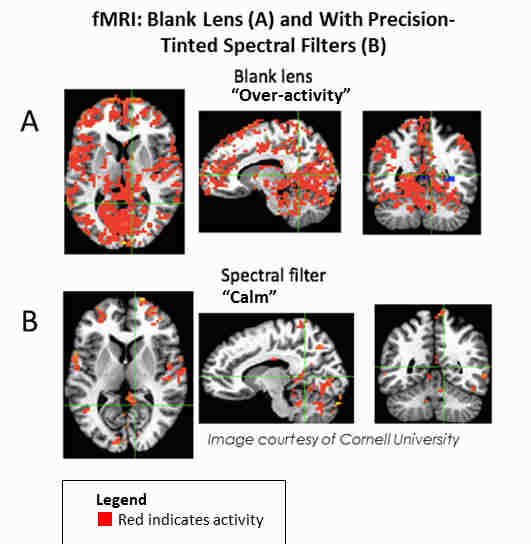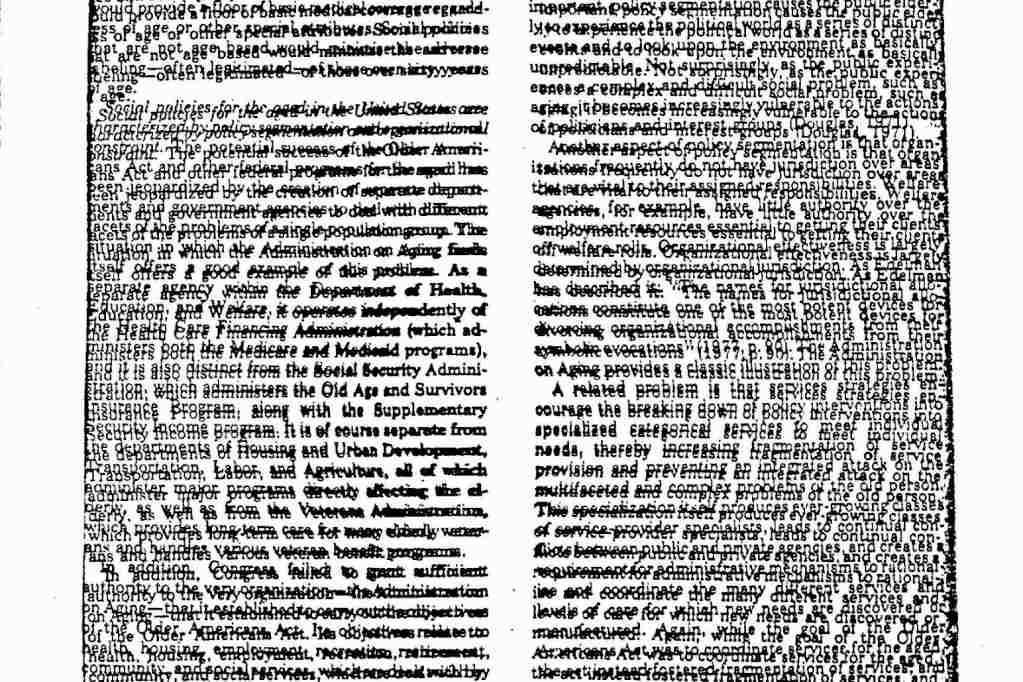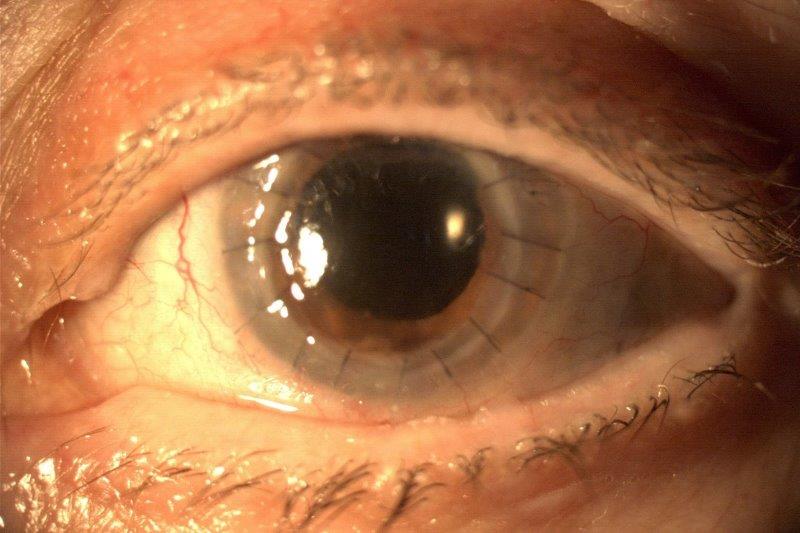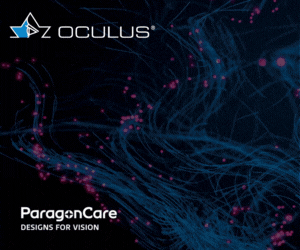Irlen and behavioural optometry
The Australasian College of Behavioural Optometrists (ACBO) is pleased to note that RANZCO have largely agreed with ACBO’s 2016 Position Statement regarding Irlen Syndrome and related treatments, which states there is no valid evidence to support indiscriminate use of tinted lenses for people diagnosed with dyslexia.
ACBO is disappointed that RANZCO has again taken the opportunity to perpetuate their mistaken and unjustified assertions about behavioural optometrists treating dyslexia, and the validity of treatments such as vision therapy. ACBO members do not treat dyslexia or other learning difficulties.
ACBO policy explicitly states that optometrists treat learning-related vision problems that occur concurrently with problems like dyslexia and can have a significant effect on visual performance and learning. Ophthalmology research has shown that children with dyslexia have a significantly higher incidence of visual problems than their unaffected peers¹. Behavioural optometrists are registered health professionals, providing eye care based on an extensive body of global research. We have a proud history as an extension of optometry practice that takes a broader approach to a person’s eye health and vision in the context of their environment and individual needs.
Clinical evidence for behavioural optometry and vision therapy is substantial and rigorous and continues to expand with new generations of clinicians, academics and researchers. Treatments such as vision therapy are also recommended and offered by ophthalmologists and orthoptists.
ACBO supports and encourages innovation and development in the science of vision. We also strongly support the true principles of evidence-based practice and support the use of informed consent when providing developing clinical methodologies in accordance with AHPRA guidelines.
ACBO welcomes the opportunity to work with other healthcare professions to share up to date evidence-based eye care, and to ensure the best outcomes for our patients.
See other articles in this feature
References
- Creavin AL, Lingam R, Steer C, Williams C. Ophthalmic abnormalities and reading impairment. Pediatrics. 2015 Jun;135(6):1057-65. doi: 10.1542/peds.2014-3622



























